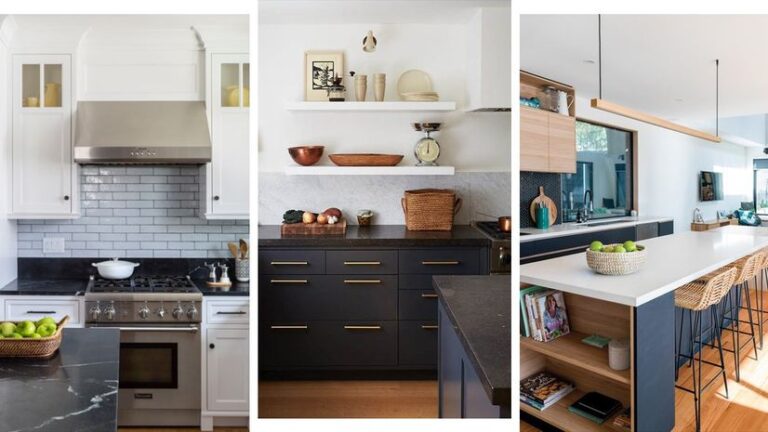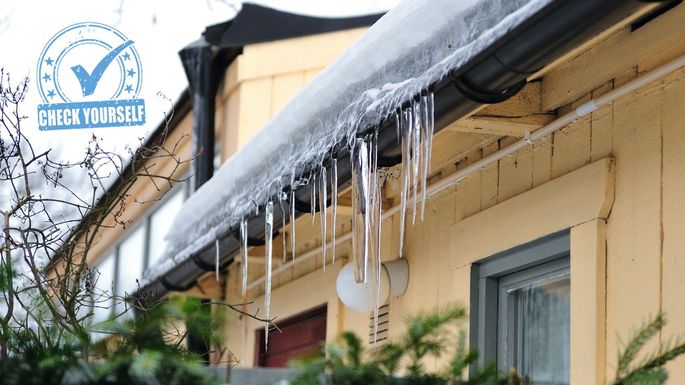When purchasing a property that could use a little (or a lot of) work, make sure you’re truly prepared to take on the task.
Buying an outdated, or even dilapidated, property can be exciting for those with a DIY mindset and creative vision. For many, it provides a chance to own a home that has more square footage, is situated on a bigger lot, or has a sought-after location. Plus, with properties like these, the purchase price is often lower than market comps, which can mean lower monthly mortgage payments.
An early 2024 survey from RE/MAX found that of consumers looking to buy a home this year, 56% were interested in considering a fixer-upper as a creative way to achieve homeownership amid changing (and sometimes challenging) market conditions. Of those who were open to the option, more than half were willing to do so based on location.
Don’t be fooled, however, by reality TV shows that gloss over the details in what can be a complex process – projects like these often require abundant time and resources, with costs adding up along the way.
Here are five fixer-upper questions to consider:
1. How much can you afford for renovations?
Cost will lay the groundwork for all plans pertaining to the renovation process – and setting a budget ahead of time will help you prioritize what to fix. It’s generally better to overestimate the potential costs to account for unexpected situations that might pop up along the way. Ultimately, the budget depends on your personal financial situation, as well as location, property type, renovation goals, and more.
Some people work with a lender on financing solutions, like home improvement loans, if they meet qualifying criteria.
2. What was the outcome of the home inspection?
A home inspection is an essential step when buying any property – and it’s extra important with a fixer-upper. A professional inspector focuses their examination to the home’s physical structure and major systems. They’ll look closely at the foundation, as well as the structural integrity of floors, walls, ceilings, and the roof. They’ll also check the functionality of windows, doors, HVAC system, electrical, and more.
With fixer-uppers, there’s a higher likelihood of some of these features being compromised. Costs for repair and restructuring can vary depending on the issue and the severity of damage or wear.
3. What scale of renovation does the place need?
You may hear people saying a house has “good bones.” Essentially, if a house is structurally sound and just needs some cosmetic upgrades, it’s a very different process than if it requires larger-scale demolition. Before you take on a fixer-upper, consider the scale of the necessary renovations to determine the feasibility of your plans.
It’s important to also think about who would be doing the work. Hiring contractors can be much more costly than going true DIY. It’s also critical to identify health hazards that may be present, like asbestos, mold, lead paint, and more – and always hire professionals to remove toxins like these in a safe manner.
4. What permits will be required to complete the project?
Each city and town has regulations and restrictions on residential construction. Some places, for example, allow grandfathered property rights or adhere to strict rules that limit the current-day building potential of structures and footprint additions. Many larger-scale home repairs require permits and inspections during the process.
As you determine what fixes need to be made, check with the local government to make sure your plans are legally compliant before starting any form of demolition.
5. Can you wait to live there until renovations are completed?
Priorities will likely take shape based on the condition of the home. Some people buy a fully functioning house that simply has outdated style, prompting them to make cosmetic upgrades. In cases like these, many choose to space out renovations over time and slowly update the place room-by-room while living there.
For those who go with a more dilapidated structure, the fixing of essential features – like foundation, roof, HVAC, etc. – will likely take priority over aesthetic changes, and need more urgent attention before the space becomes habitable.
Whether you’re looking for a fixer-upper or move-in-ready home, contact a local RE/MAX agent to get the process started.
Article originally appeared on RE/MAX.com.








